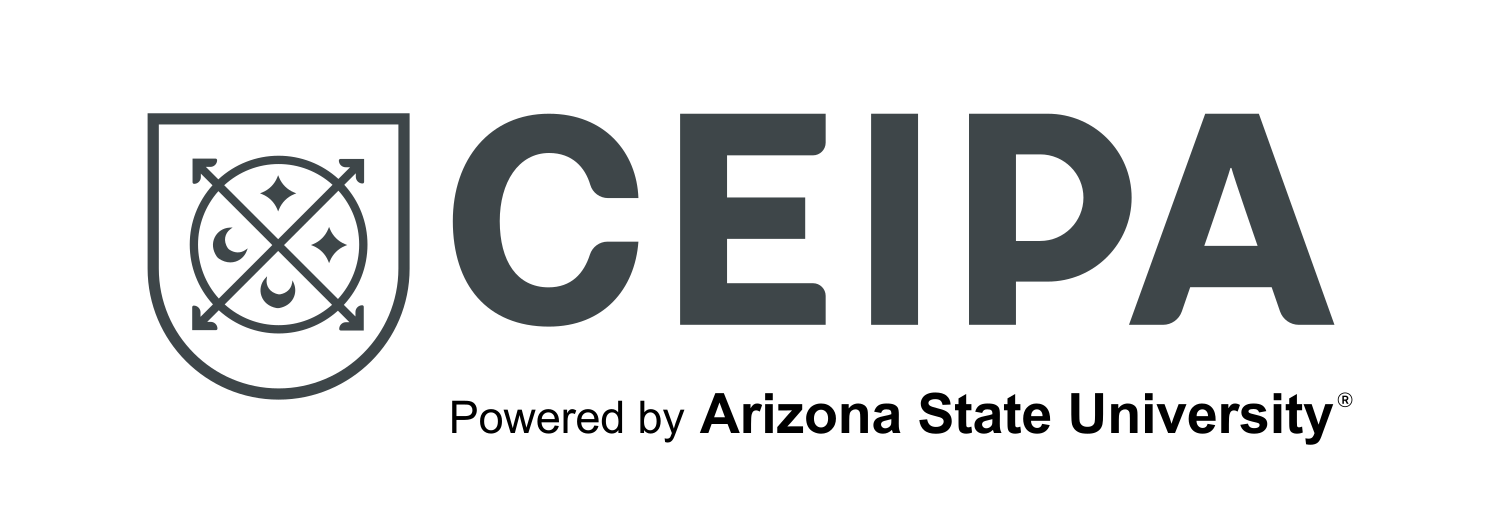Persona: Mazo Cuervo, Diego Mauricio
Proyectos de investigación
Unidades organizativas
Puesto de trabajo
Apellidos
Mazo Cuervo
Nombre de pila
Diego Mauricio
Reseña académica e investigativa
Ingeniero de Sistemas, Magíster en Dirección Universitaria y Doctor en Educación Global. Actualmente se desempeña como rector de la Fundación Universitaria CEIPA Powered by Arizona State University. En este cargo ha liderado e implementado diferentes proyectos que han transformado la Institución, entre ellos se encuentran:
Implementación del modelo educativo por núcleos temáticos
Implementación de la educación virtual, en pregrado y postgrado,
Asesor de Universidades para la implementación de la Educación Virtual
Búsqueda, selección y construcción del campus de sabaneta
Proyectos de internacionalización de la institución
Dirección de correo electrónico
ORCID
0000-0002-4237-003X
Google Scholar
Fecha de nacimiento
Grupo de investigación
Líneas de investigación
1 resultados
Resultados de la búsqueda
Mostrando 1 - 1 de 1
Publicación Acceso abierto Lideramos la Educación Virtual en Colombia Lecciones Aprendidas(2012) Mazo Cuervo, Diego Mauricio; http://scienti.colciencias.gov.co:8081/cvlac/visualizador/generarCurriculoCv.do?cod_rh=0000523097 - Diego Mauricio Mazo Cuervo; https://scholar.google.es/citations?user=IhFIG40AAAAJ&hl=es - Diego Mauricio Mazo CuervoThe Business Knowledge Management Unit of CEIPA, upon fulfilling the Institution the first 10 years of work in virtual education, has considered that a good celebration of this decade, is to collect some of papers presented at national and international events by the Vice President General, Magíster Diego Mauricio Mazo Cuervo, because in They contain a large part of the developments and transformations since when the idea of creating a post-secondary education institution with the academic character of university higher education was conceived. During these 10 years, CEIPA has executed two strategic plans: “CEIPA XXI Century Project” and “Institutional Prospective 2006 - 2010”. These two The plans have as common axes: the virtual university, knowledge management, and the conception of the company university. At the end of 2008, CEIPA went from being a local, small and traditional higher education institution, to being a different and specialized one, with a global framework for action. This transformation would not have been possible without the clear decision of its management team led by the Rector and Founder Antonio Mazo Mejía, who saw in virtual education an opportunity to recreate the university and never let himself be defeated by . The chapters of this book present a panoramic view of the history of CEIPA and an account of all the factors related to virtuality, which have influenced its successful transformation, until it became what it is today. what it is today: the leading institution in virtual education in Colombia. The engine of the University of the Company was developed in the beginning when, also pioneers, CEIPA offered programs that responded to the needs of important Antioquian companies, even facing rejections from part of important professional societies, who saw in this novelty a certain danger for its own exercise, added to the demands of the educational authorities that, finally, instead of causing us to abandon our ideas and experiences, led us to success that today we can proudly highlight, where in addition to the regular students in the three modalities, we can count on an important contingent of students from companies and that has taken us beyond the borders with some of the programs. The challenge then is continuous and daily. It is clear to note that the management of the knowledge is a construction of every day and not a concept unless the circumstances were adverse static demic. During the years in the life of CEIPA, knowledge management has always been reflected on as a pillar of the success of our teaching methodology. Hence, Knowledge Management has been based on learning from the organization, as its main input, seeking to be seen as a process of continuous improvement. This learning between people, when talking about Management, is not only information, because the complete cycle of communication takes place: sender, message and perceiver, ensuring learning at the end of the process, in a real and practice. Everything is due to the experience that has been systematized and organized, managing to understand the cycle of learning. Therefore learning, we say today, is not only information, it is dialogue, reflection and action to then return to what has been done in an evaluation. In the context of practice, knowledge management is to understand what we learn to make it action. If we go a little further in learning, sharing and discerning what is learn, we will surely achieve .that it becomes a source of knowledge; that is the ideal; with them the university is enriched because they generate a collection of fundamental knowledge, with which you can face the future of knowledge management both face-to-face and virtually
